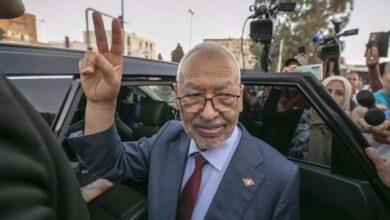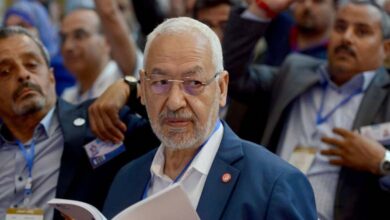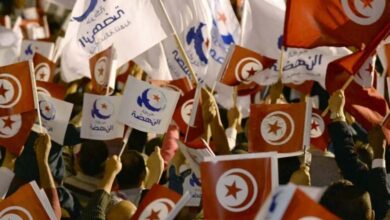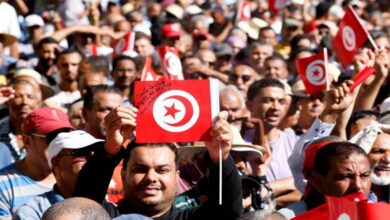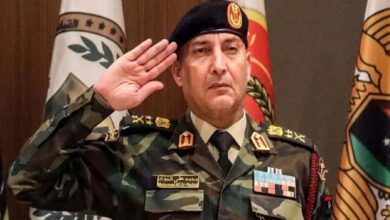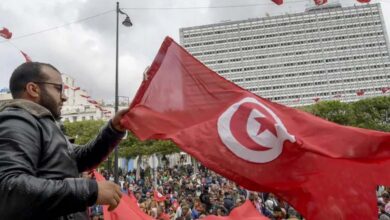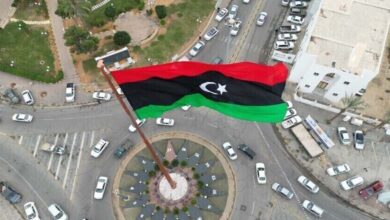German Moves to Break Political Deadlock in Libya – Details
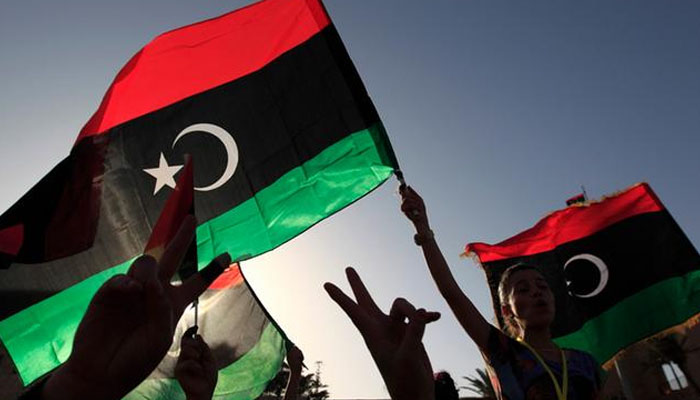
Intense actions by the German Ambassador to Libya Michael Ohnmacht, amid widespread speculation that this is a prelude to the holding of the Berlin III conference to break the political and military deadlock in Libya.
Ohnmacht met with the Speaker of the Libyan Parliament, Aguila Saleh, to discuss the formulation of the constitutional rule and the creation of a political solution based on the efforts of the United Nations Special Envoy, Abdoulaye Bathily, to achieve the aspirations of the Libyan people to reach the elections,” according to a tweet by the German ambassador on Twitter.
This was preceded by a similar meeting between UNMDT and LNA commander Field Marshal Khalifa Haftar in the eastern Libyan city of Benghazi, where they discussed developments in the political situation to emerge from the crisis, as well as the agreement to support the efforts of UN envoy to Libya Abdoulaye Bathily.
The German ambassador also met with First Deputy Speaker Fawzi Al-Nuwairi and Head of the State Council Khalid al-Mishri, during which he stressed that Libya deserves genuine initiatives leading to comprehensive national elections within a specified timeframe.
During the meeting, which took place in the middle of January, the German ambassador stressed his country’s encouragement to reach a full and final agreement between the House of Representatives and the State Council quickly.
International media have recently reported extensive German moves to hold the Berlin III conference, in order to break the political deadlock between the Libyan parties.
For his part, President of the Libyan Presidential Council Mohamed al-Menfi said that he had discussed with the head of the United Nations Mission Abdoulaye Bathily “serious ideas” to achieve the elections “soon”, and the importance of the paths to stability and support the elections, especially national reconciliation. He noted that Bathily had put it in the form of his recent meetings and consultations with various local and international parties.
Libya is going through a political crisis of two governments; The first was assigned by the Council of Representatives under the chairmanship of Bashagha, and the second expired under the chairmanship of Abdul Hamid Dbeibeh, who refuses to hand over power except to a government that comes through a new elected parliament.
The UN is sponsoring negotiations between the House of Representatives and the State Council to agree on a constitutional basis leading to elections. However, those negotiations have been stalled because the two chambers have disagreed on the terms of their candidacy, resulting in a political stalemate.


